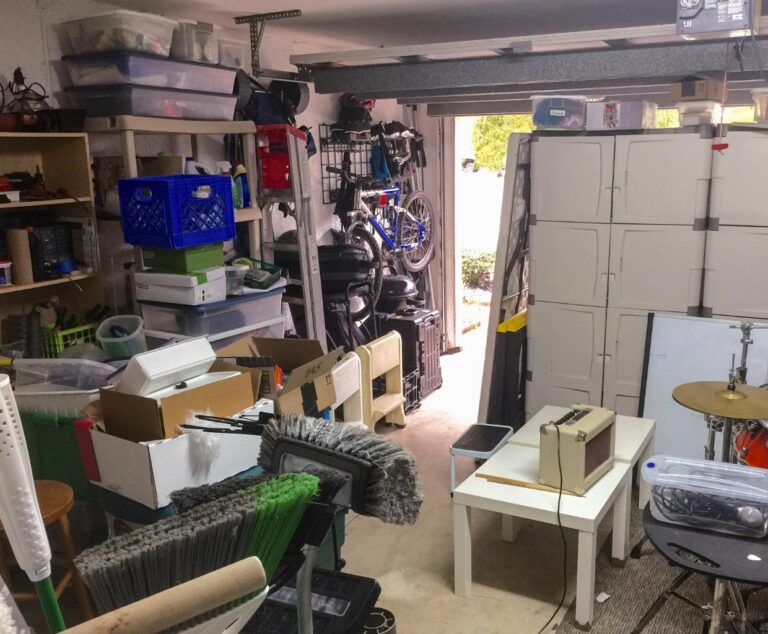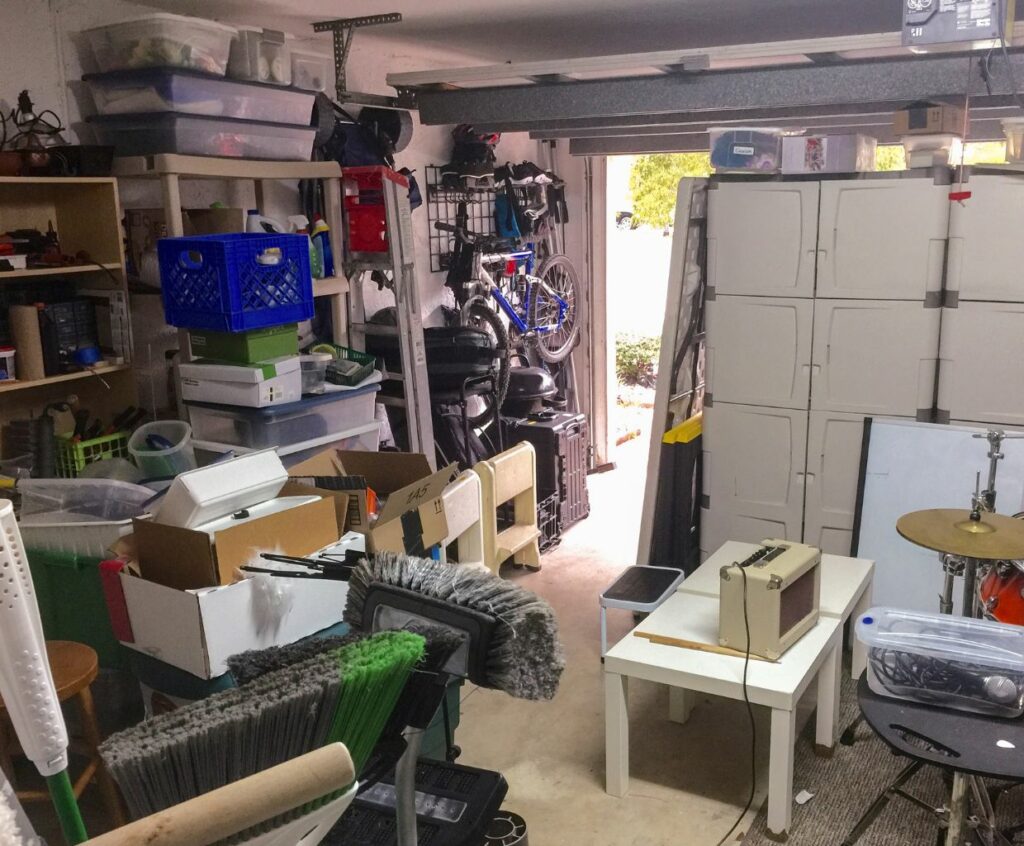Basements are often used as storage areas and living quarters, but they can also be a breeding ground for mold, poor air quality, and other health problems.
If you’ve noticed an increase in allergies or difficulty breathing while in your basement, it might be time to improve the air quality and make your basement healthier.
Content Summary
- 1 How could we improve air quality in the basement?
- 2 How do you get fresh air in your basement?
- 3 Do air purifiers work in basements?
- 4 Why is it hard to breathe in my basement?
- 5 Why do I get stuffy in my basement?
- 6 How do you get fresh air into a basement without windows?
- 7 Can you get sick from mold in your basement?
- 8 What does dampness smell like?
- 9 How do I get rid of the musty smell?
- 10 Improve Air Quality In Your Basement – Conclusion
How could we improve air quality in the basement?
You can breathe easy knowing how to improve air quality in the basement. A few simple steps can help you get a handle on dust and moisture buildup, which are common problems for basements.
Dehumidifiers
These appliances remove water from the air by collecting it into a reservoir where it can be drained away. They’re most effective at removing excess humidity when left running 24/7, but they require regular maintenance (such as emptying that reservoir).
Furnace fans
These circulate hot air throughout your home’s duct system when your furnace kicks on—a great way to circulate fresh air into all parts of your home, including your basement.
Whole house fans
Like attic fans, whole whole-housesuck stale indoor air out through windows while pushing in fresh outdoor air through open doors or windows at opposite ends (usually both ends).
Open windows
Opening windows allows fresh outdoor breezes to freshen up stale indoor rooms like basements without creating drafts or other unpleasant side effects like heat loss from an uninsulated window area.”
How do you get fresh air in your basement?
You’re probably thinking, “I don’t want to open any windows. It’s cold outside.” But the truth is that you need fresh air in your basement. The easiest way to do this is by using a dehumidifier and an air purifier, which will suck out impurities from the room. You can also use an air filter (though less effective) or even a humidifier if you live in an area with low humidity.
If these methods aren’t working for you and you have no choice but to crack open those basement windows during winter, try keeping them closed during the day and opening them when it gets dark so that they’ll be closed by morning when temperatures drop again. This way, there’ll be less condensation inside them before bedtime!
Do air purifiers work in basements?
Air purifiers are meant to be used in conjunction with a window and not as a replacement for one. They can help clean the air in your basement, but they are meant to be used for only a short period. Air purifiers may also need help dealing with the humidity in a basement if they are not equipped with proper humidifiers.
For these reasons, you should consider placing an air purifier near an open window of your basement so that it has access to fresh air from outside. In addition to this recommendation, you must keep your home’s windows open when possible—especially during warmer months when the sun shines brightly on your house and helps evaporate excess moisture from within it (which will improve overall air quality).
Why is it hard to breathe in my basement?
The air in your basement is often damp, which can cause mold and mildew. Basements are also commonly poorly ventilated and have stagnant air, which can cause mold and dust mites. Finally, basements tend to be poorly insulated, further encouraging mold growth because it traps moisture in the home.
Why do I get stuffy in my basement?
The answer is simple: many factors can contribute to poor air quality in your basement, and the most common ones include the following:
- Basements tend to be dark and damp places.
- Basements are usually poorly ventilated.
- Basements are usually poorly insulated.
- Basement windows are generally small, which makes it harder for fresh air to enter from outside, so you’re more likely to get stuffy if you’re spending time down there (especially if there isn’t enough ventilation). And if shrubs or trees hang over your windows, they’ll block out even more of what little natural light may shine into the room!
How do you get fresh air into a basement without windows?
There are a few ways to improve air quality in your basement, including:
- Using a fan. A small fan will circulate air more efficiently than if you relied on natural ventilation alone.
- Using a dehumidifier. A small room can become stuffy and uncomfortable quickly without proper ventilation. Still, with the right equipment and regular maintenance, it’s easy to keep your home cool and comfortable during even the hottest summer days!
- If you already own one of these machines (and don’t need another), consider purchasing an air purifier that attaches directly to it—this way, you’ll get two functions in one package!
Can you get sick from mold in your basement?
Mold can cause respiratory problems and allergies, as well as asthma. It can also cause lung infections, skin infections, and eye infections.
If you have mold in your basement, please remove it immediately.
What does dampness smell like?
Dampness is the smell of water. It can be caused by a leaky roof, faulty ventilation system, or poor drainage. Whatever the cause, it’s essential to detect and fix it as soon as possible; otherwise, you could end up with mold in your home.
How do I get rid of the musty smell?
You’ll want to tackle the source to get rid of musty smells. If there are mold or mildew issues, you’ll want to reduce humidity and clean up any debris in your basement. You can do this by using an air purifier (such as our Sona Purifier), a dehumidifier, or a combination of both.
If you aren’t dealing with a health hazard but still have unwanted odors in your basement, consider what’s going on in the air that could be causing it: Are there pets? Do people smoke cigarettes or cigars down there? Do they rehearse in the space? These factors can result in unpleasant odors due to dust particles left behind after breathing out or exhaling smoke particles exhaled by those performing these activities near where they’re stored.
Improve Air Quality In Your Basement – Conclusion
Creating a healthy environment and improving Air quality in your basement is just a matter of understanding why things happen and then taking action. It’s not always easy to do, but it can be done!
Remember: no matter how bad the situation gets, hope always exists for improvement.


